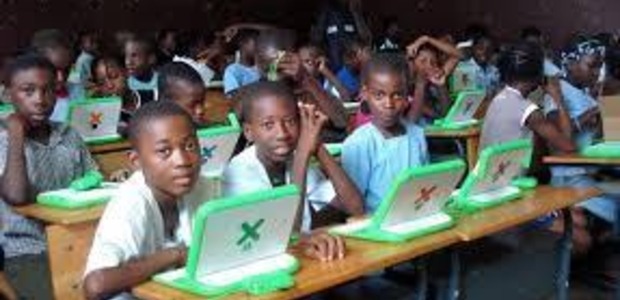advertisement
Kenya’s public primary schools to get electricity to drive laptop project
This announcement comes a week after President Uhuru launched the Last Mile Connectivity Project which he saw 40,000 transformers commissioned…

This announcement comes a week after President Uhuru launched the Last Mile Connectivity Project which he saw 40,000 transformers commissioned therefore lighting up every village in the country.
“Last Mile Connectivity project complements our school electrification programme, under which every primary school in the republic will have electricity within the next few months. It will also enable our pupils to receive the laptops we promised as part of our transformative programme,” he said.
The president said this when he led the nation in marking the 52nd Madaraka Day Celebration at the Nyayo Stadium.
advertisement
The laptop project was one of main promises by the Jubilee government in its campaign. The project falls under the first key pillar of the Jubilee Manifesto, Unity (Umoja), where the government promised to raise education standards and the Ministry of Education plans to roll-out the programme in three years.
However, the project has been faced with many hurdles that has seen the project not kicking off including Tender Awarding processes and lack of infrastructure in many primary schools. In March 2015 the Government through the Ministry of Education had announced th at they would instead adopt an educational model used in Brazil in order to establish computer labs in schools.
Earlier in 2014, The Government had said that the digital content developed by Kenya Institute of Curriculum Development will be installed in the laptops once the deal is signed by the government. This follows an introduction of an ICT curriculum back in 2004 which had seen over 72,000 teachers graduate with ICT skills.
advertisement
The Government had also said that the laptops, would have the capability to accommodate digital content for class one, two and three and for the subsequent two years, the devices will have the capacity to accommodate class one to eight digital content.